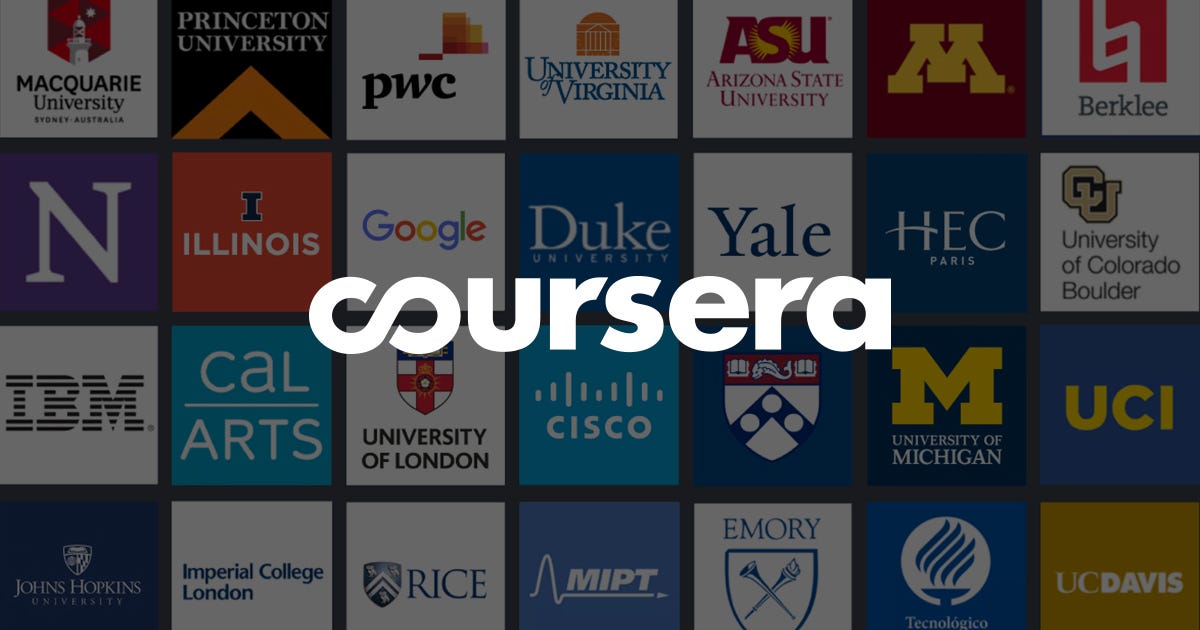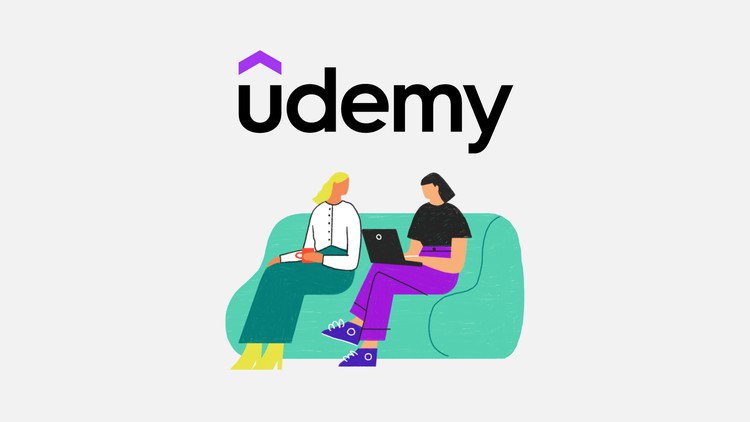The digital age has unlocked unprecedented opportunities in education, redefining how knowledge is shared and acquired. Online education platforms are at the forefront of this revolution, bridging the gap between accessibility and quality. As digital life becomes increasingly integrated into our daily routines, these platforms empower individuals to learn at their own pace, transforming education into an experience that adapts to the demands of a connected world.
Online education platforms have revolutionized the way we learn, making education more accessible, flexible, and diverse. From self-paced courses to live virtual classrooms, these platforms cater to a wide range of learners, bridging geographical gaps and transforming traditional education systems.
The Rise of Online Education Platforms
Thanks to advancements in technology, online learning has become an integral part of modern education. Transitioning from traditional classrooms to digital platforms has empowered students to pursue knowledge at their own pace, anytime and anywhere. Platforms like Coursera, Udemy, and edX have become global leaders, offering courses from top universities and institutions.
Features of Online Education Platforms
1.Accessibility and Flexibility
One of the most appealing aspects of online education platforms is their ability to offer learning opportunities regardless of location or schedule. This flexibility enables learners to balance their education with work, family, and other commitments.
2. Diverse Course Options
Platforms provide a vast array of subjects, from coding and graphic design to psychology and business. Learners can choose from beginner to advanced-level courses, tailoring their learning journey to meet their goals.

3. Interactive Learning Experiences
Many platforms integrate interactive tools like quizzes, forums, and live sessions. These features encourage engagement, collaboration, and practical application of knowledge, making learning more effective.
4. Affordable Education
Compared to traditional education, online platforms often offer courses at a fraction of the cost. Free courses and financial aid options further enhance accessibility for learners worldwide.
The Best Online Education Platforms
1. Coursera

- Why it stands out: Coursera partners with top universities like Stanford and Yale to provide high-quality courses, degrees, and certifications. It combines academic rigor with professional relevance, making it ideal for career advancement.
- Ideal for: Learners seeking accredited certifications and university-backed programs.
2. Udemy

- Why it stands out: With over 200,000 courses across a wide range of topics, Udemy is a go-to platform for skill development. Its pay-per-course model is perfect for learners who want to focus on specific skills without committing to a subscription.
- Ideal for: Professionals and hobbyists looking to enhance or learn new skills.
3. edX

- Why it stands out: Co-founded by Harvard and MIT, edX offers university-level courses and professional certificates. Its MicroMasters programs provide a stepping stone for advanced degrees.
- Ideal for: Learners seeking academic and professional development through prestigious institutions.
The Impact of Online Education Platforms
As these platforms continue to evolve, they are reshaping the educational landscape. By democratizing access to knowledge, fostering lifelong learning, and integrating innovative teaching methods, online education platforms empower individuals to achieve their aspirations. With constant advancements in technology, the future of education is undeniably digital, offering endless possibilities for learners worldwide.














